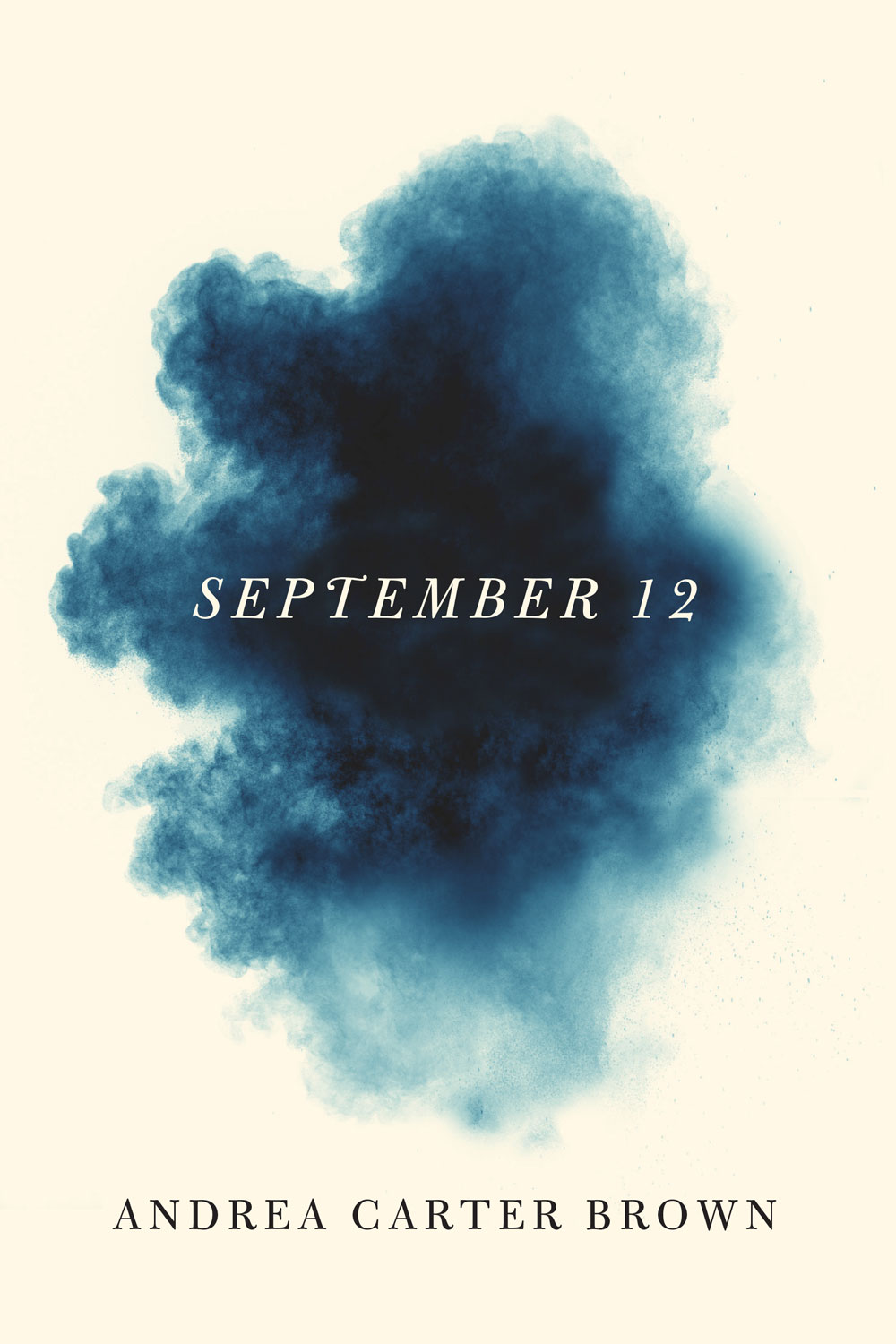Ethel Rackin is the author of three other poetry collections: The Forever Notes, Go On (a National Jewish Book Award finalist), and Evening, as well as the text Crafting Poems and Stories: A Guide to Creative Writing. Her collaborative lyric sequence, “Soledad,” written with Elizabeth Savage, was awarded the Thomas Merton Prize for Poetry of the Sacred by Elizabeth Robinson, and another collaborative sequence, “Silent e,” is included in They Said: A Multi-Genre Anthology of Collaborative Writing. Her work appears in The American Poetry Review, Colorado Review, Kenyon Review, New England Review, Poetry Daily, Verse Daily, Volt, and elsewhere. She earned her MFA from Bard College and her PhD in English Literature from Princeton University. A MacDowell fellow, she is a professor of English at Bucks County Community College in Pennsylvania.
Praise for In Time
With a simplicity that is poignant, disarming and profound, Ethel Rackin explores with astonishing insight, sensitivity, and quietude the complexities and depths of what it means to be alive. There is in these poems an immersion in thought, in time, in feeling so complete and so irresistible I find myself drawn back to them again and again. One of the finest books of poetry I have read in a long time.—Carole Maso, author of Beauty Is Convulsive
Vantage points blur, patterns commingle into space, days, and seekings in Ethel Rackin’s newest collection, In Time. Harbingers of the relational, the what-may-not-always-be, and the lost swell in these poems—“if I touch the tree / the tree touches me”—where the voice turns to the more-than-human world for healing. All the greening within the book unfurls, and the ebbs of past and present meld together as these poems contemplate: grief, illness, ancestry, the naturalness of our humanity, Ruefle’s menopause poem, maternal relationships, the flicking of bees, absences, gardens, the sparrow in the chest, forgiveness, the hidden things in the spine, and the traces that remain after death—in all whispers and weights—makes its mark.—Felicia Zamora, author of Interstitial Archaeology









Reviews
There are no reviews yet.